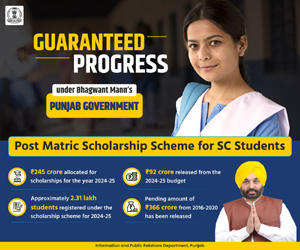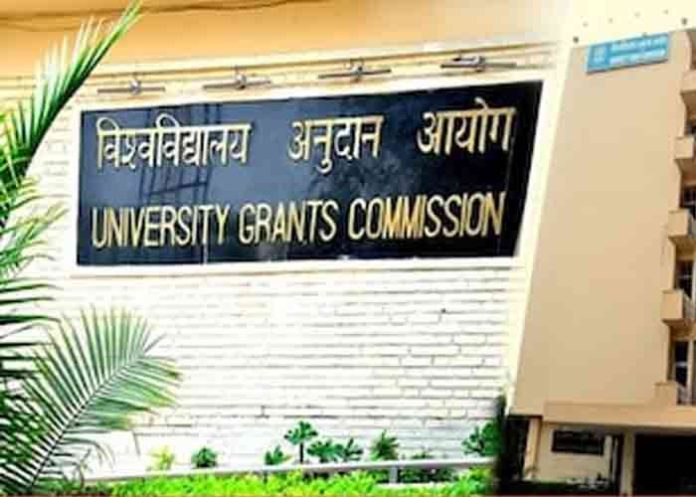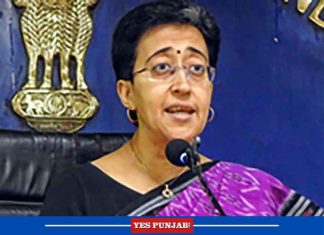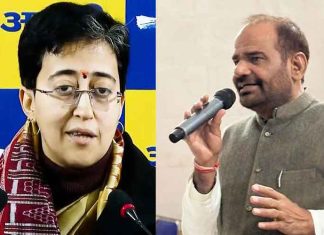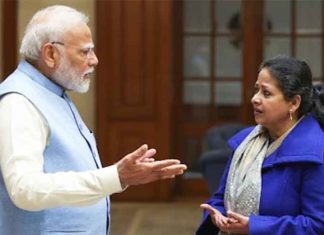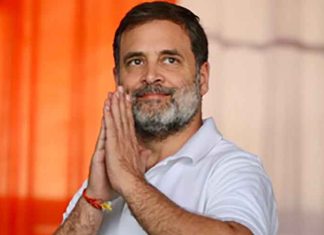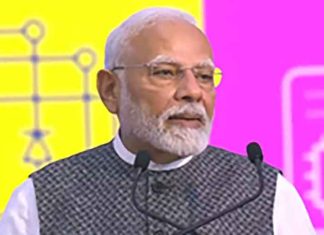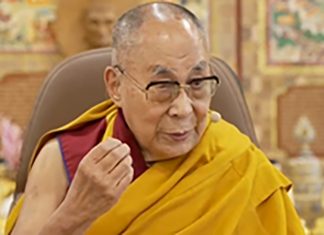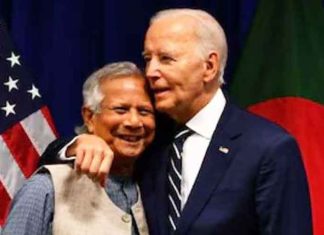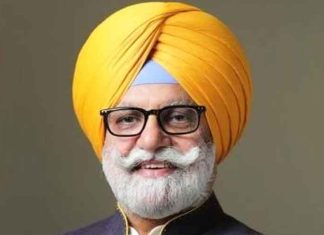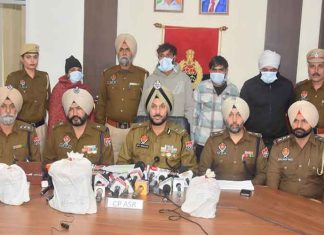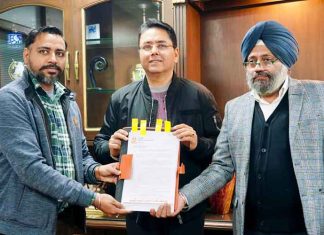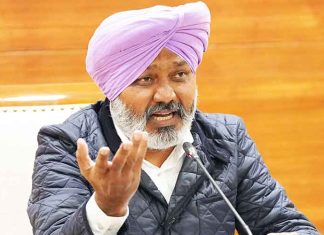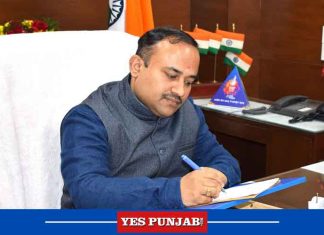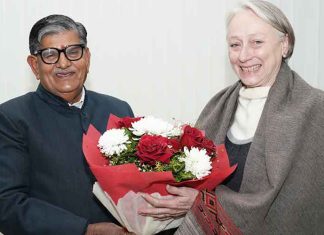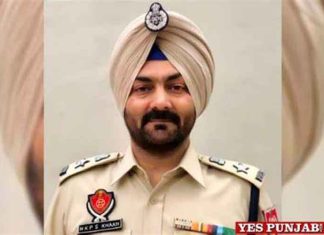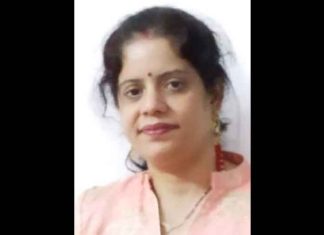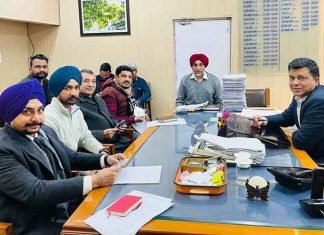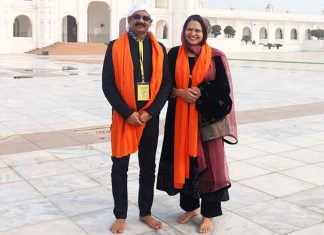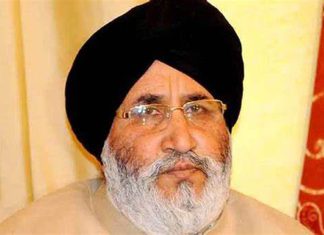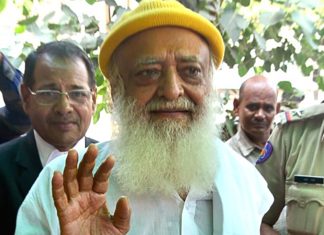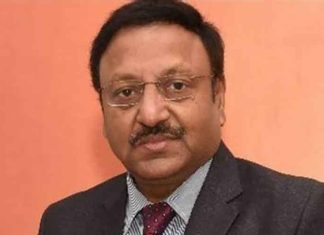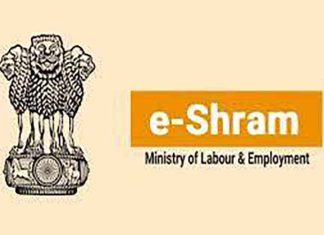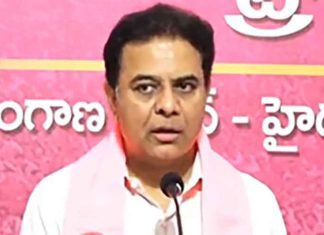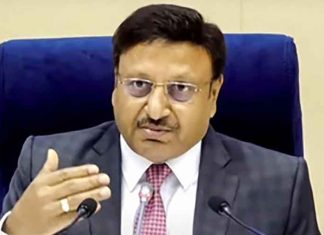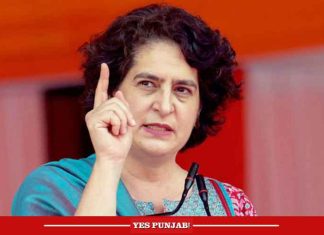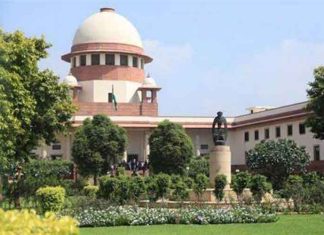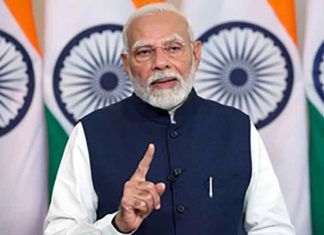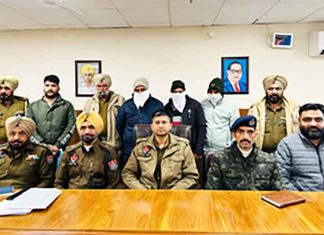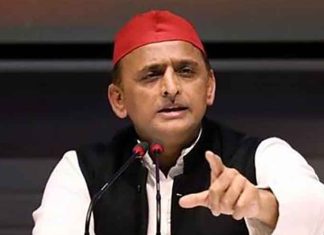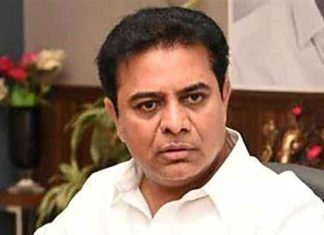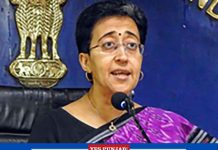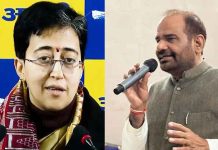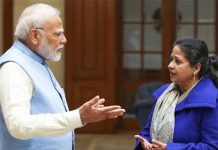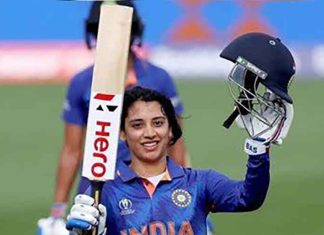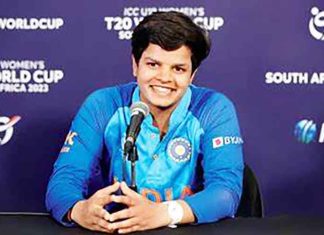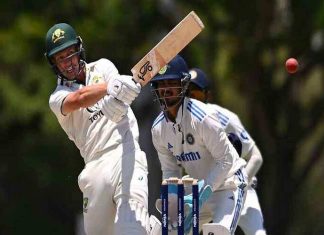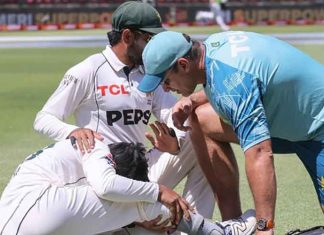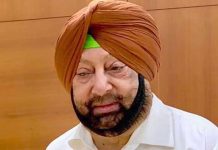New Delhi, Jan 6, 2025-
UGC has approved a draft, ‘Minimum Qualifications for Appointment of Teachers and Academic Staff in Universities and Colleges and Measures for the Maintenance of Standards in Higher Education Regulations, 2025.
Union Education Minister Dharmendra Pradhan on Monday released the draft guidelines. The guidelines are now available on the UGC website for feedback and suggestions.
The new regulations also change the selection process for vice-chancellors, such as expanding eligibility criteria to include professionals from academia, research institutions, public policy, public administration, and industry. These regulations also provide clear guidelines on the composition of the VC’s search-cum-selection committee, tenure, age limits, eligibility for reappointment, and who can form the search-cum-selection committee. The new regulations will apply to Central, State, Private and Deemed Universities.
UGC Chairman M. Jagadesh Kumar told IANS, “The 2025 UGC regulations aim to transform how faculty members are recruited and promoted in Indian higher educational institutions by introducing changes that enhance flexibility, inclusivity, and excellence in faculty recruitment and career progression. For example, individuals can qualify for faculty positions based on their performance in a subject of their choice in UGC-NET, even if their undergraduate and postgraduate degrees are in different disciplines. Also, the subject of the Ph.D. degree precedes the disciplines studied in undergraduate and postgraduate degrees for faculty selections. This is an important flexibility to remove rigid subject boundaries and allow faculty applicants to transition across disciplines, creating a more multi-disciplinary eco-system within university campuses as envisaged in NEP 2020.”
The emphasis on Indian languages in publishing books, book chapters, and academic qualifications is a key feature of the 2024 regulations aligning with the NEP 2020’s focus on promoting Indian languages in higher education, Kumar added.
According to the UGC, the ‘Academic Performance Indicator’ (API) system in the 2018 regulations heavily relied on quantitative metrics, reducing academic performance to numerical scores. In the previous regulations, candidates were often judged primarily on numerical criteria, such as journal or conference publication counts.
The 2025 regulations discontinue the API-based shortlisting and adopt a more qualitative approach, allowing selection committees to assess candidates holistically based on their notable contributions and broader academic impact in areas such as innovation in teaching methodologies, technology development, entrepreneurial contributions, book writing, development of digital learning resources, community engagement and societal contributions, promoting Indian languages and Indian knowledge systems and sustainability practices, Supervising internships and projects or initiating successful startups. These regulations also facilitate the selection of faculty members from multi-disciplinary backgrounds. The primary objective of these regulations is to broaden the horizon and freedom and flexibility so that faculty members can excel in areas they are passionate about.
The UGC believes that the regulations introduce specialised recruitment pathways to attract the best talent in fields such as Yoga, Music, Performing Arts, Visual Arts, Sculpture, and Drama. These pathways recognise professional accomplishments and national or international achievements. This flexibility ensures that practitioners with exceptional skills in these traditional art forms can contribute to academia, preserving India’s cultural heritage. Recognising the value of physical education and sports, the new regulations provide accomplished sportspersons opportunities to join the teaching profession.(Agency)



